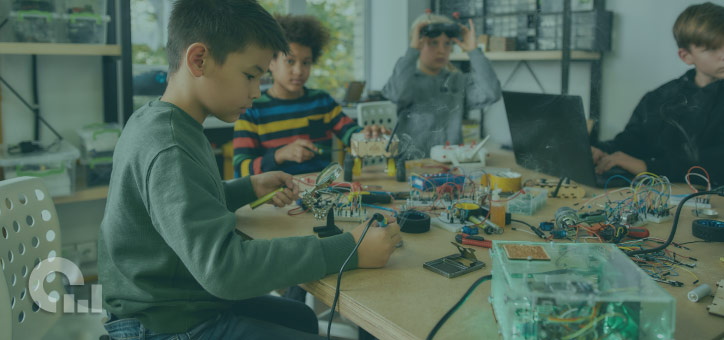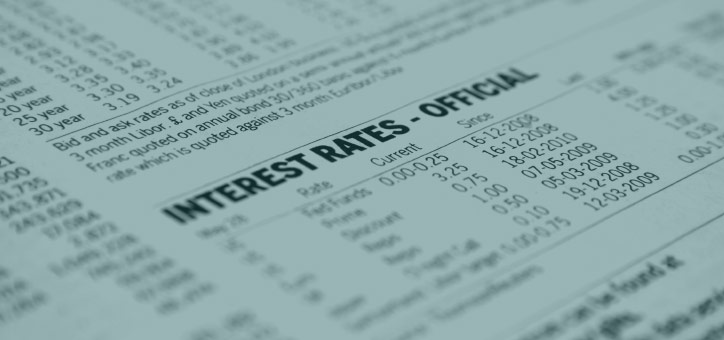Think back to your early years in school; was there ever a teacher who made a difference, who set you off on your path to success, instilling you with a love for learning?
If you’ve had a teacher like that in your life, particularly in the years spanning preschool through third grade, you’re lucky!
That teacher probably studied early childhood education in college, and if you’re interested in having that same kind of influence on the next generation of students, a degree in early childhood education could be right for you.
Seeking a more complete picture of what a degree in early childhood education is, what the requirements are, and what it’s like to study the subject?
We have your answers.
What Is Early Childhood Education?

Like we mentioned earlier, a degree in early childhood education qualifies a teacher to work with children in preschool through about third grade. At this early age, teachers primarily create a safe, nurturing environment for the following aspects of development:
- Adaptive skills
- Social skills
- Motor skills
- Emotional skills
Those who study early childhood education will also become well-versed in developmental health and childhood learning.
But there are academic benchmarks at this early stage as well, primarily in the following subjects:
- Reading
- Math
- Science
- Social studies
Each of these subjects will be taught to the standards of the curriculum laid out by the school or district. Other priorities for early childhood educators include balancing education with rest, physical activity, and playtime.
Early childhood educators must also check in regularly with the parents or guardians of their students to provide updates on student progress.
Does a career like this seem right for you? If so, then the first step is to enroll in an early childhood education program at a college or university.
What Are the Requirements for Early Childhood Education?

Most students seeking to become preschool or elementary school teachers begin by enrolling in an early childhood education bachelor’s degree program at a college or university.
Some students begin with an associate degree in early childhood education, attending classes either online or at a local community college. Although that’s sometimes all that’s required to work as a preschool teacher, a bachelor’s degree in early childhood education or a related field is required to gain teacher licensure for other grades.
An associate degree is also often a great way to save money while completing your first two years of college.
Otherwise, the path of earning a degree in early childhood education most commonly goes as follows:
- Enroll in and complete a teacher preparation program approved by a state’s board of education in early childhood education or related field.
- Gain hands-on experience in an early childhood student teaching program.
- Pass a state’s required licensure test.
Once that test is complete, the next step is to apply to a state’s board of education for a teaching certificate or license and begin looking for work as an early childhood educator.
Once accepted into a bachelor’s degree program in early childhood education, students most often begin with coursework in general education, which provides a strong educational framework for new teachers. In the next two years, courses most often cover the following:
- Theories of learning
- Methods of teaching children
- Childhood development
Before graduation, students will also complete at least one internship in an actual classroom, gaining real-world experience with actual students. Many students will work in numerous classrooms before earning their degree.
What Are the Requirements for a Master’s Degree in Early Childhood Education?

It is certainly possible to become a licensed teacher in early childhood education without a bachelor’s degree or with a bachelor’s degree in a related subject.
To do so, many enroll in a master’s degree program in early childhood education. Master’s degree programs such as these offer a deeper understanding of how children learn at certain stages of development, as well as the opportunity to specialize in areas related to early childhood education.
A master’s degree in early childhood education also qualifies a candidate to work outside of the classroom in the following positions:
- Program coordinator/director
- Principal or vice-principal
- Childcare director
- Education program specialist
More than nearly any other degree program or teaching license, early childhood educators must be compassionate, patient, and interested in education. It’s not an easy job or an easy course of study, but with hard work and dedication, early childhood education can be a rewarding and fulfilling career.





